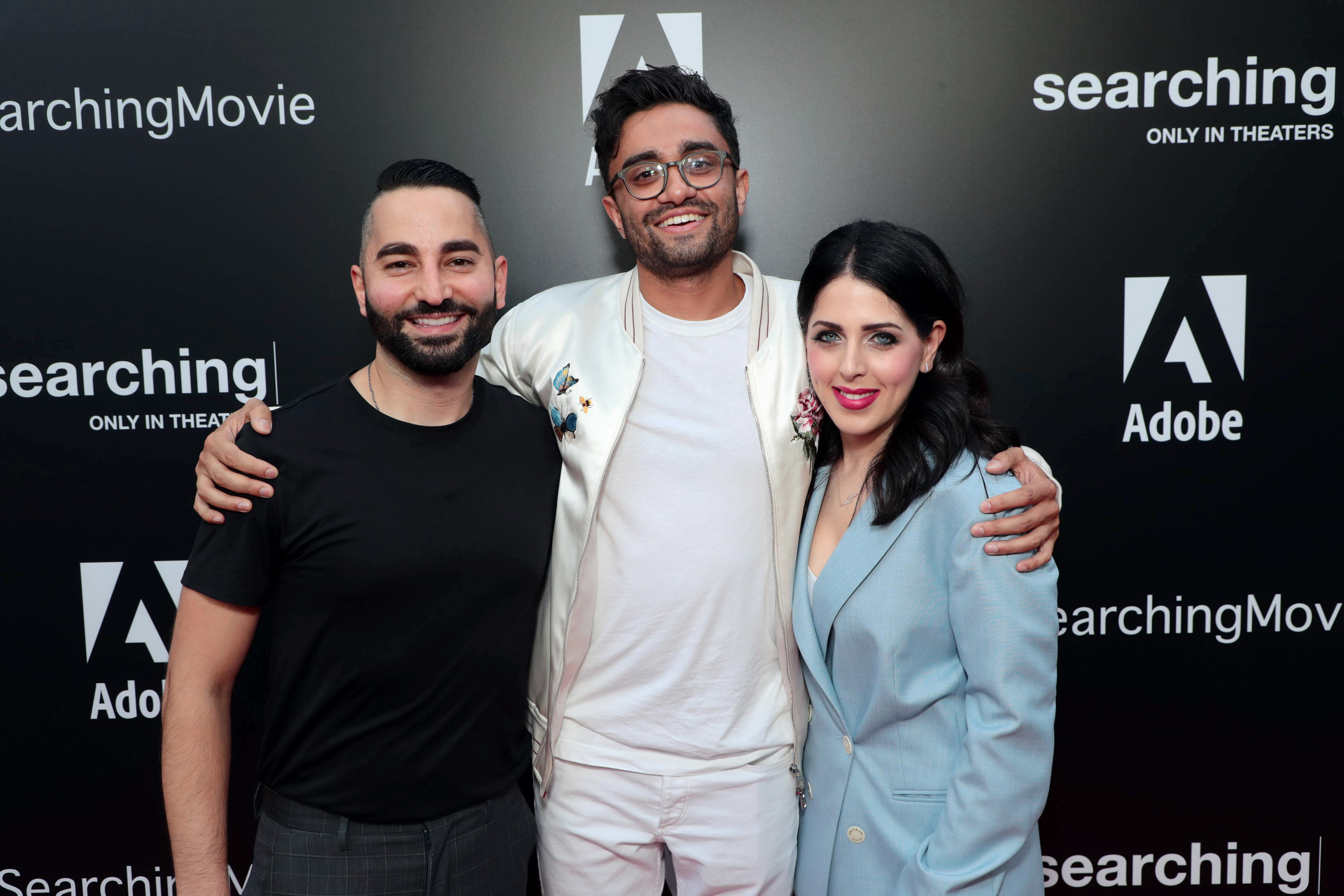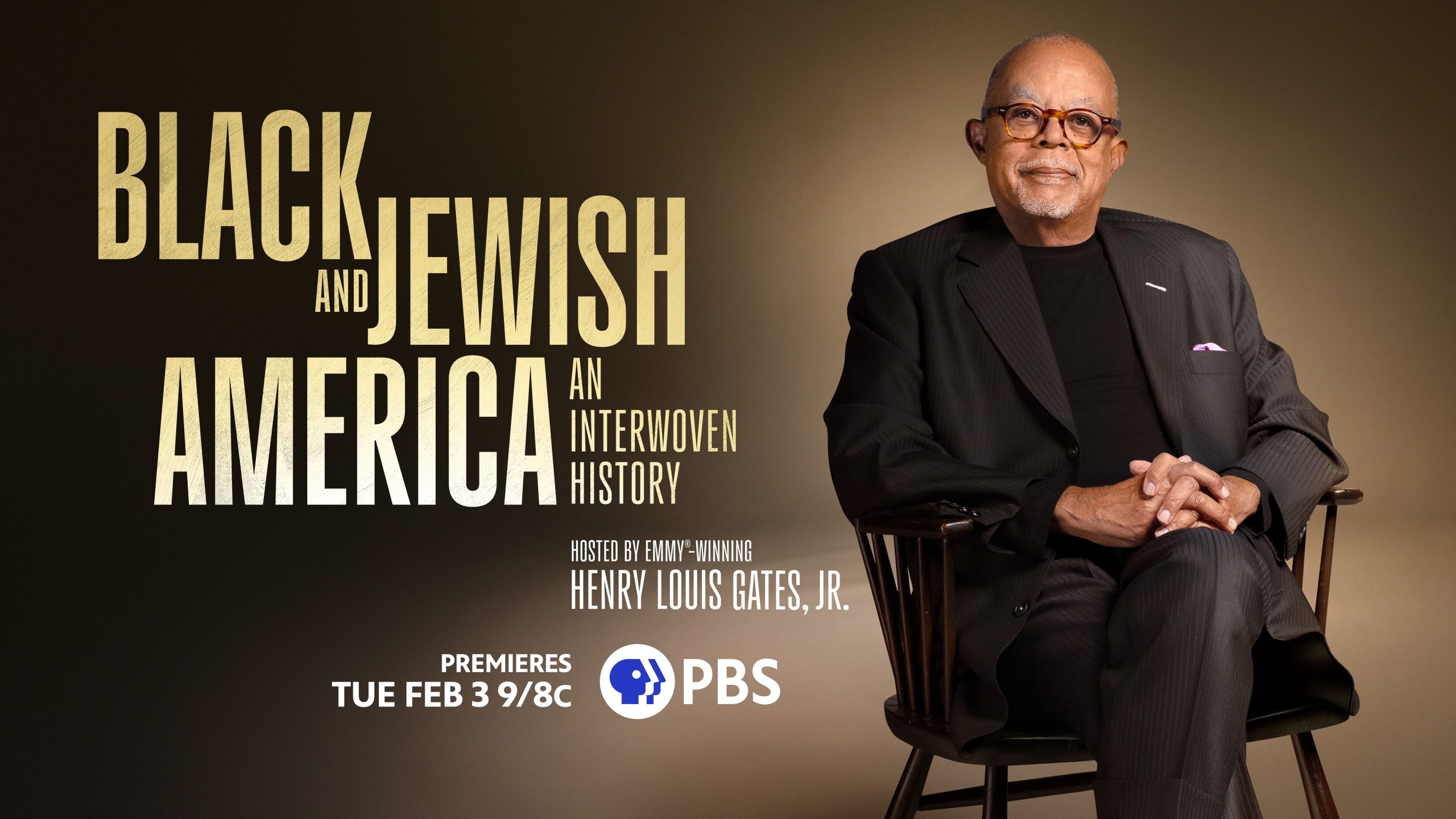
Searching director/co-writer Aneesh Chaganty and co-writer Sev Ohanian sat down with Solzy at the Movies a few months ago following a festival screening of the film. The film is expanding this weekend from a limited to wide release,
Searching took home the Audience Award for the NEXT program at Sundance. Can you talk about what sort of thrill it was to take home this honor after premiering the film at the festival?
Aneesh Chaganty: Yeah, I can but it might not make a lot of sense. It was just a surreal kidn of experience. Like your whole life, you think about Sundance. Since high school, I saw the episode of Entourage where they go to Sundance there—that’s when I first heard about it. You hear of all the filmmakers that you respect and admire have these weird origin stories or have stories at Sundance. It’s this festival that’s famed in your head. We somehow find a way to sneak in a doorway and have our movie shown there. At the end of it, we win an audience award. Even now, it’s like hard to even connect with—was that the same festival? It’s a weird thing that we’ve been thinking about. I’m very, very proud of that award. At the very least, it’s a really, really cool indicator for us that we’re going on the right path and that a bunch of kids—who kind of took this crazy risk to make a movie that had no precedent and for a lot of times no end in sight—could make something that people really liked. It was a very, very complicated but fully cathartic feeling.
When did you all lock the film?
Aneesh Chaganty: We basically finished the movie, I would say in December—
Sev Ohanian: We were done in January.
Aneesh Chaganty: December 2017—we finished the film. Essentially what we were making was an animated film as far as the stages go to finalize it. There were always different stages of completion. There was when we creatively locked the movie and moved on to graphics. When graphics were done, we moved on to the animation, camera shake, and the camera blurs. When that was done, we moved on to sound. There were always these weird check points. There was always more copy to be written, always more dialogue, and more tiny fixes—oh, the time on that sequence wasn’t matched up. Everything needed to be perfect in the movie. When we were finally like stop, stop, stop giving notes, that was December 2017.
For indies such as Searching, can you talk about the importance of premiering at a fest like Sundance?
Aneesh Chaganty: It’s like the film festival in America. It’s like the dream. There are so many movies being made. It’s so hard no matter how much star power you have as an independent film, you can’t guarantee that anybody is going to see the movie. It’s such a tough marketplace. There are so many movies coming out vying for people’s attention. We’re competing against movies that have brands that people have been associated with for long. It was such a huge and obviously emotional “We’re going to Sundance,” and everybody knows what Sundance is. At the end of the day, we’ve got another shot at people seeing the movie. Being at Sundance didn’t guarantee that. Selling the movie at Sundance guaranteed that. Being at Sundance allowed us the opportunity to be sold and for people to see it. We were constantly being like, “Someone’s letting us bat again.” Someone’s taking a chance and jumpstarting at least, personally, my career from then on.
Sev Ohanian: I mean, for me personally, out of film school, the first film that I worked on was Fruitvale Station. Then we got into Sundance and we had a phenomenal ride at Sundance. I’ve been really fortunate in the years in between Fruitvale and Searching where I’ve been working as a junior producer, I had a movie called Results at Sundance and another movie called Intervention at Sundance. Sundance has in a lot of ways been my home base as I’ve been growing as a filmmaker. To have Searching bring me back—my first movie where I was really leading the producing on it. My first time being a writer on a movie. To bring it back to Sundance was just unbelievably amazing. The reception that we got from the awards, from the audience acceptance of the film, and honestly down to us trudging through the snow to see the audience standing in a long waitlist—you can’t put a price on that. It was incredible.
Speaking of Ryan Coogler, what a career so far.
Sev Ohanian: Yes, 100 percent. Ryan is one of those rare people who is—believe the hype. He understands storytelling. He understands filmmaking. He’s by far the most collaborative human being you’ll ever meet in your life. He’s everybody who deserves every second and every ounce of success that’s come his way
Why did you feel a need to tell this intense roller coaster of a thriller by way of digital screens?
Aneesh Chaganty: I think a huge part of the challenge early on when we were even thinking about whether or not to do this. The only way we would ever do it was if we married the concept with the style and the substance essentially. In the past, we felt like the style was decided but the story didn’t match with why it needed to be told that way. For us–someone was saying this earlier and it’s so true—we decided on a thriller and a mystery film because ultimately, what you’re looking at on the screen is information. It’s lines of text. The only sort of films where information is prized are mysteries or movies with secrets at the heart of it. Ultimately, we realized that if this is a mystery film—all of sudden, the entire conceit makes sense because you’re breaking into these vaults where information is all your find and now you’re looking for the one needle in the haystack. The thriller concept came out of the sort of realizing it was a perfect marriage with the concept. From there on, it matched Sev and our MO—which is always to make stuff that is thrilling, to make stuff that is bold, and hopefully, we added a little a heart to it which is something that we love to do.
How did the cast come together?
Aneesh Chaganty: Carefully. We wrote the role for John Cho. We wrote the role as David Kim. We wrote the whole family as the Kim family. We always wanted the family to be Korean-American. We basically got the script to John’s people—his representatives—through the normal traditional process of going through the managers, agents, and all that stuff. We got on the phone with John. John originally said no to the project. The reason he said no was that he just felt like we couldn’t accomplished something emotional and thrilling—which was all the reasons we said no at first. It took a second time of begging John and taking him out to drinks and trying to convince him of the potential of this movie to sort of like take a leap of faith with us. Ultimately, it was a lot of convincing and selling people on our passion as opposed to a result in a weird way. We realized early on that if you’re trying to make a movie and you’re pitch is no one has seen this before—what can you sell them on if you yourself aren’t accomplished. I was a first-time filmmaker. No one had seen anything I’d done aside from some Google commercials that were 2 minutes long. We were like, okay, let’s sell him on a passion. We’re so grateful and indebted to him for taking that leap of faith. Debra came on soon afterwards. I think all of the actors and the crew on board had this sort of shared spirit of we don’t know where we’re really going with this but we have enough of an idea of today and the next five minutes. We kept moving present by present. Hopefully, the result of that now two years later is something we can all be proud of. It certainly is for myself and I know that for Sev.
Thanks again for your time and congrats on Searching.
Aneesh Chaganty: Thank you, Danielle.
Sev Ohanian: Thank you, Danielle.





